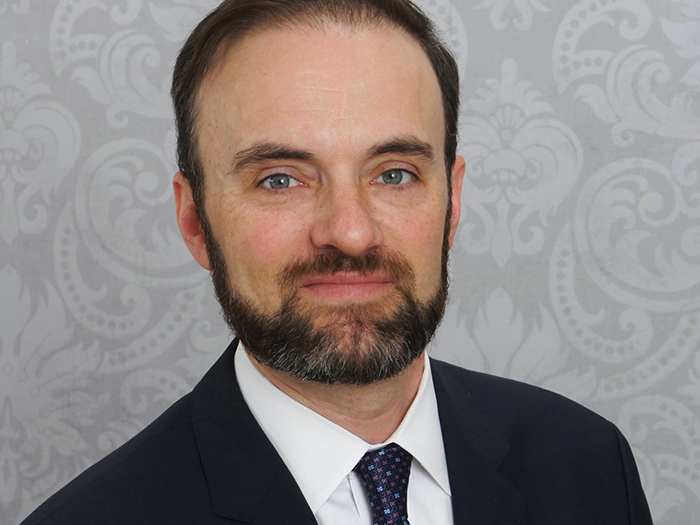McKinsey & Company Settles for $600 Million for Its Role in the Opioid Crisis

When Purdue Pharma was first sussed out as a leading cause of the opioid epidemic in the U.S., it wouldn’t be long until the pharmaceutical company’s partners were feeling the heat.
McKinsey & Company, a consulting firm for places like Purdue Pharma, has been targeted for its alleged role in driving sales of Purdue Pharma’s OxyContin painkiller. As stated in the consequent lawsuits, McKinsey has likely contributed to the deaths of more than 450,000 people over the last 20 years thanks to this OxyContin push.
Documents released during litigation, and as reported on by the New York Times, show that as early as 2004 McKinsey’s close relationship with Purdue led it to make recommendations to its partners to sell more of the drug, even going as far as to help constituents put into practice the methods McKinsey would suggest. All this, the documents show, in an effort to drive sales.
McKinsey has denied culpability, instead insisting it acted lawfully in its role as a consultant.
Purdue Pharma settled for $8 billion after pleading guilty in a 2020 trial. In that case, the court determined Purdue had been supplying drugs “without legitimate medical purpose.” Following that, members of the Sackler family, who own Purdue, also agreed to pay the federal government $225 million in civil penalties.
In 2009, McKinsey wrote a report for Purdue that showed new sale tactics for the drug could increase revenue by as much as $400 million annually and suggested “sales ‘drivers’ based on the idea that opioids reduce stress and make patients more optimistic and less isolated.” In 2017, McKinsey suggested several ways to shore up sales, including giving distributers a rebate for every OxyContin overdose attributable to pills they sold.
With this plain evidence in its records, in early February 2021 McKinsey agreed to a $573 million settlement with the 47 states’ attorneys general, the District of Columbia and five territories that brought allegations to light.
In a press release from McKinsey’s global managing partner, Kevin Sneader, said, “We chose to resolve this matter in order to provide fast, meaningful support to communities across the United States. We deeply regret that we did not adequately acknowledge the tragic consequences of the epidemic unfolding in our communities. With this agreement, we hope to be part of the solution to the opioid crisis in the U.S.”
States plan to use $478 million of this for opioid treatment, prevention and recovery programs.
Scorecard: McKinsey, despite refusing culpability for its role in the opioid crisis, has agreed to a nearly $600 million settlement.
Takeaway: The opioid epidemic is still raging on. While litigation is happening at the federal level, it’s clear others affected — individuals, workers’ comp benefit receivers and loved ones — will continue to come for those they deem responsible. &










